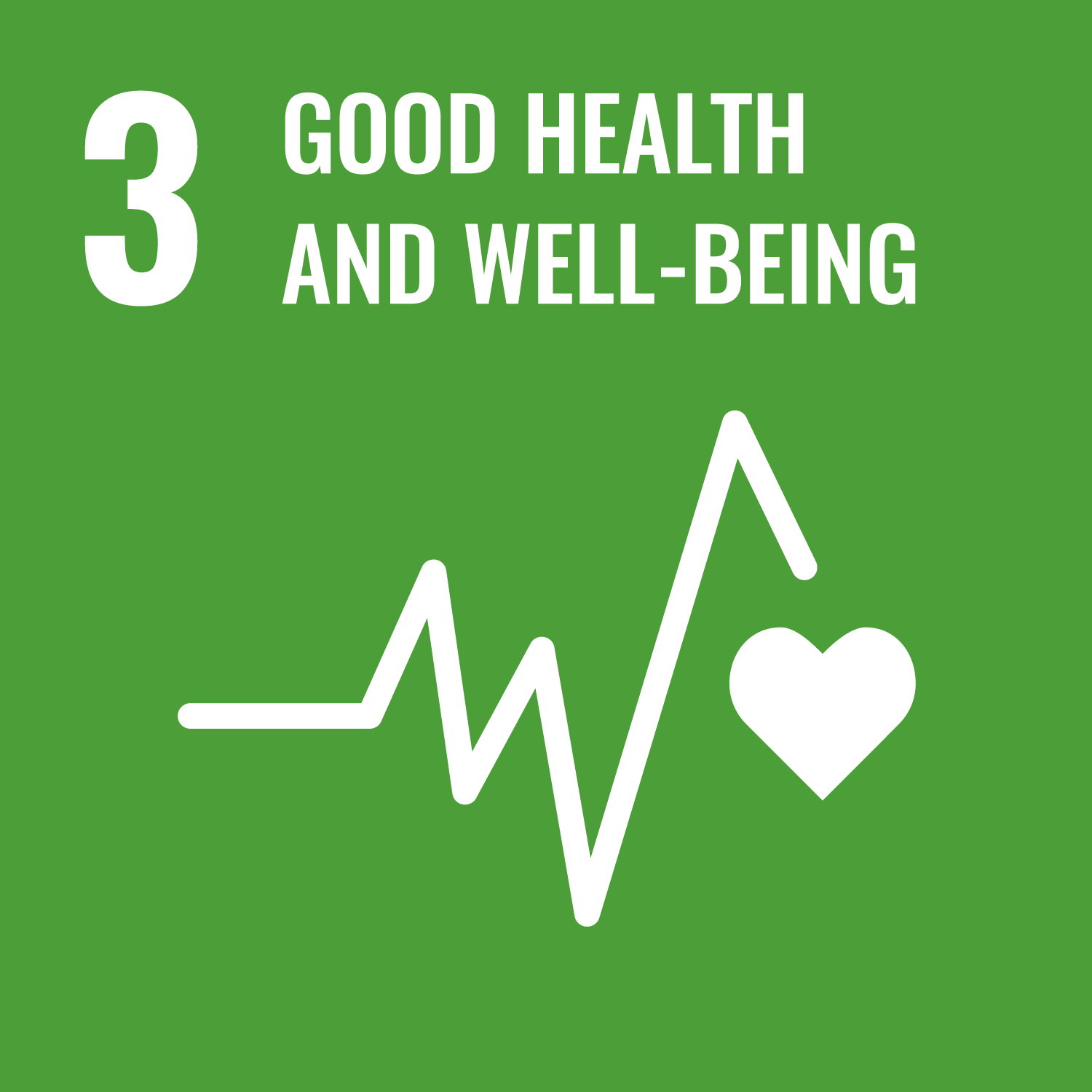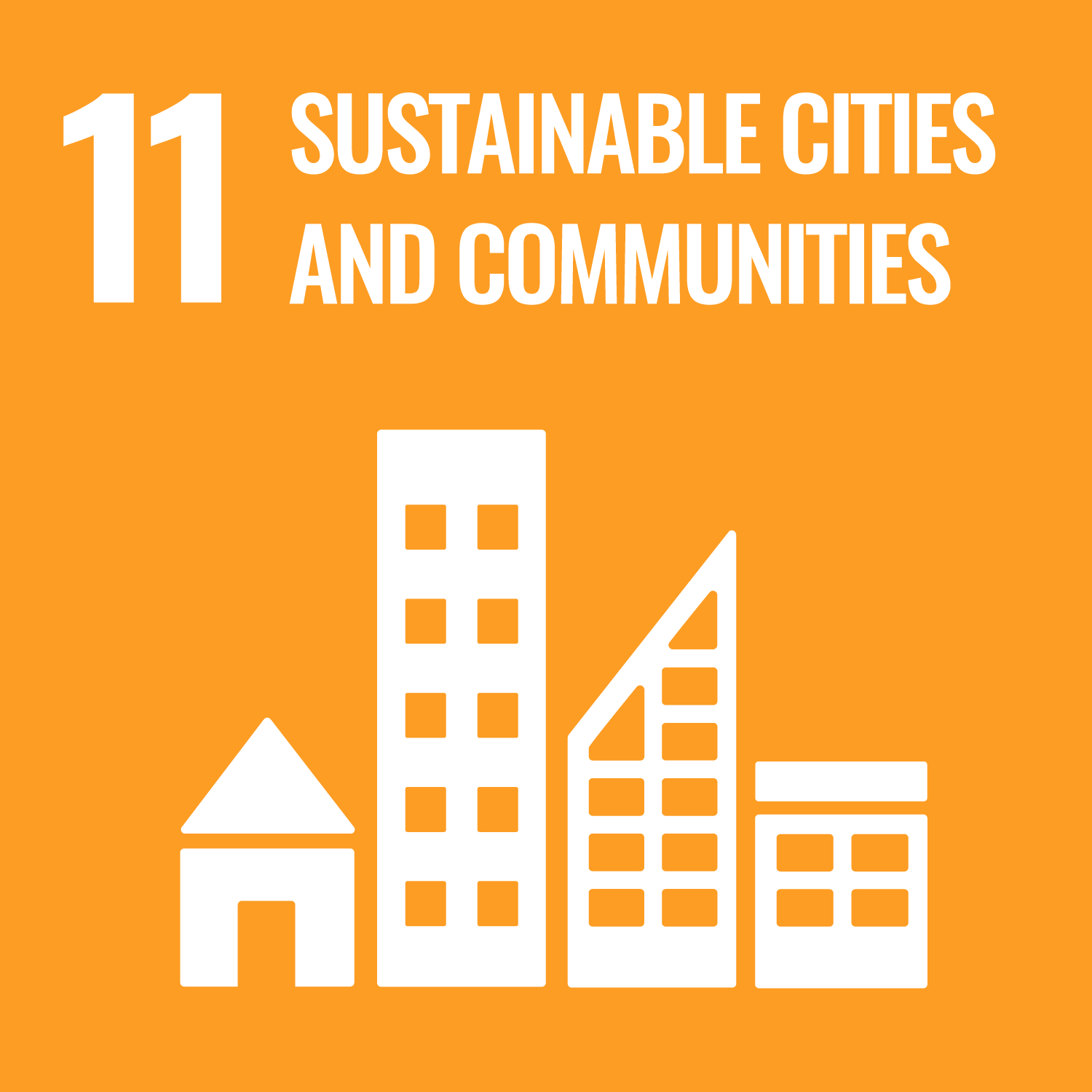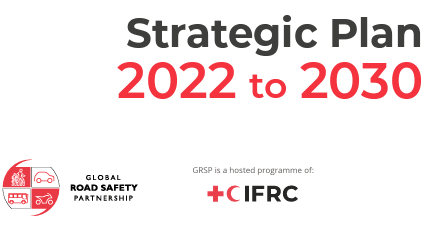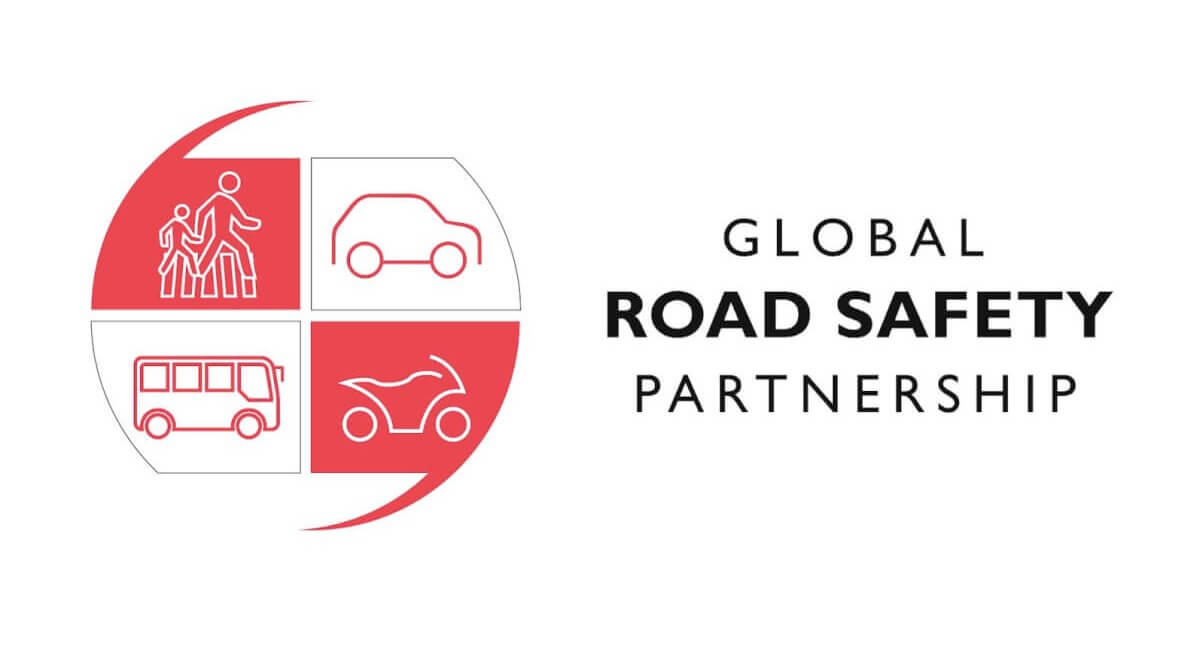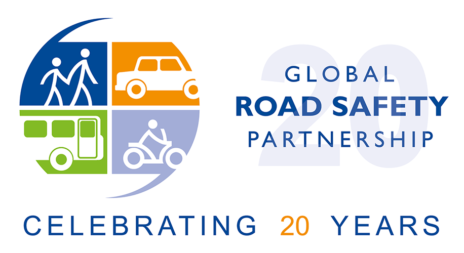World Rescue Challenge 2010 raises awareness
Set up vehicle stabilization! Can you tell me where you are in pain? Let me know if the condition changes! Make sure that her head does not move! What is the entrapment? We’ll need four of us to remove the roof! If that does not work we go to plan B!
Short and clear questions, laconic commands, quick movements thoughtfully coordinated with the rest of the team – these are typical features of rescuers who arrived in the Irish city of Cork in September to test their skills in a competition of saving peoples’ lives in road crashes.
The annual World Rescue Challenge (WRC), as the competition is called, is organized annually by the World Rescue Organisation (WRO) together with the colleagues in the host country. This year, it was the turn of Rescue Organization Ireland to bring world class rescue teams together to compete in an event designed to challenge emergency service personnel and raise awareness of the global problem of road death and injury. The WRC 2010 focused on developing and promoting rescue and life support skills of emergency personnel, which allow them to fill the vacuum until further medical help arrives.
Road traffic deaths and injuries are a growing public health and development issue: they kill more than 1.2 million people a year and injure or disable between 20 and 50 million more. According to the World Health Organization and World Bank data these injuries are likely to rise dramatically by the year 2020 – by about 65%, particularly in rapidly-motorizing, low-income countries. In the developing world, about 70 million in-patient days are taken up in hospitals each year with road accident victims.
These figures are of major concerns to the Global Road Safety Partnership (GRSP) of which the WRO is a member since 2004. “Emergency services are among the key stakeholders who can make a significant difference to reducing the effects of crashes and injury,” says Andrew Pearce, GRSP Chief Executive Officer.
Fire fighters are increasingly being asked to deal with more challenging casualty related situations than ever before. The objective of the World Rescue Challenge is to develop the skills of rescue workers to enable them to deal successfully with the vast range of incidents based and casualty centred approach.
Three-day challenge
In September, 48 teams arrived in Cork from 30 countries and some 450 participants were competing to save lives in realistic scenario’s testing their ability to rescue and treat trapped casualties. Apart from being a spectacular event, the Challenge in Cork consisted of a three-day extrication challenge, a trauma challenge and a series of workshops.
“The challenge is aimed at enhancing, maintaining and improving emergency procedures and techniques for dealing with road traffic collisions,” says Cameron Black from the World Rescue Organisation. “Our objective is to provide a means for rescue personnel to exhibit their rescue techniques and trauma response skills and for teams to share their skills with colleagues from around the world. A medical workshop was a new and effective feature.”
Technical and medical knowledge were also tested during the event. International experts assessed the rescue and care of each casualty from the vehicle in terms of Incident command and control, technical skills and, probably most important, they assessed the teams on medical proficiency so that the victim is given the best possible care.
“The hardest part of every incident whether it’s a practice scenario or competition scenario or a true accident is to size it up and to determine what needs to be done as expediently and as safely as possible – that is extremely gratifying to go home and say that we did a good job,” confessed one of the participants.
“For us, the 2010 rescue challenge was an important stage in our careers,” says Andrey Ershov from the Sakhalin team who bears the title of one of the best rescuers in the Russian Federation. “The competitions I have participated in Russia during my eight years with the rescue team were more like sport events where rescuers pentathlon only included road accidents as an element, and techniques and timing were the most important factors. The approach is different here – everything is focused on rescue operations in road crashes, different standards, new approaches and safety issues are under scrutiny in every move we make.”
“We witnessed very high standards of work of more experienced and advanced rescue teams from other countries,” adds Algis Meizhis, the Russian team leader. “One of the main lessons learnt for our team is that good knowledge and skills is not enough, you need a system in place and a complex approach to the work with victims of road crashes. We did not win the competition, but we did not lose either – our participation had an incredible learning effect. Apart from getting the new knowledge there were many ways for us to see when and how some of our habitual methods can affect safety in a wider context.”
Building professional capacity is one of the roles of the GRSP, which also focuses its projects on vulnerable road users and fleet safety management. Training for the Sakhalin rescue team, member of the Road Safety Partnership in Sakhalin (SRSP), was organized by GRSP in conjunction with the WRO – a partnership effort that brought the rescuers from Sakhalin to this international event.
Mark Sanderson, a key member of the South Wales Fire & Rescue team that won this year’s Challenge is the Project Manager for Sakhalin. “To involve all or some of Sakhalin newly trained units in the future challenge event will be a great step forward,” he said. “We should also consider how they resource own challenge assessors.”
GRSP’s Andrew Pearce agrees: “The World Rescue Challenge is an outstanding opportunity to expand the capacity and skills of local professionals and volunteers,” he says. “More countries should be able to join these competitions that attract international attention and instigate local authorities to care more about the quality of the local rescue teams – a vital link between road crash casualties and their post trauma care. Developing a professional human resource capacity, including that of rescue teams, is critical to implementing an effective Decade of Action for road safety.”
Anastasia Shenina, SRSP Coordinator, says the competition has an inspirational value as well. “Not just new skills and techniques but the very standards of work that out team has brought from the authoritative international event in Cork this year allow them to improve own work as much as to promote the new approaches with counterparts and partners across Sakhalin – this is a new level of work for all of us,” she says.
“Within the SRSP team they can make a significant difference in both providing immediate assistance to people trapped in road crashes and in better coordination with various services, primarily with ambulance, hospital and police. It is important that SRSP initiatives, like this training of rescue workers in road safety, get support of the local administration making our projects wider and more sustainable.”
WRO’s Cameron Black says he’s happy that colleagues from Sakhalin got support from local authorities to participate in this competition. “Now we aim to assist with the development of a rescue challenge in Sakhalin. This has been our plan since we started training with the Sakhalin team back in 2007 and we believe that it will play an important role in the areas sustainability in Road Traffic Collision Rescue and Casualty Care.”
Since 1999 to date there have been ten WRC’s which have been held in Australia, Scotland, South Africa, the Czech Republic, Canada, England, New Zealand, South Africa, Spain, Wales and Germany. 2011 WRC will be held in Christchurch, New Zealand on 13 – 16 July 2011.
